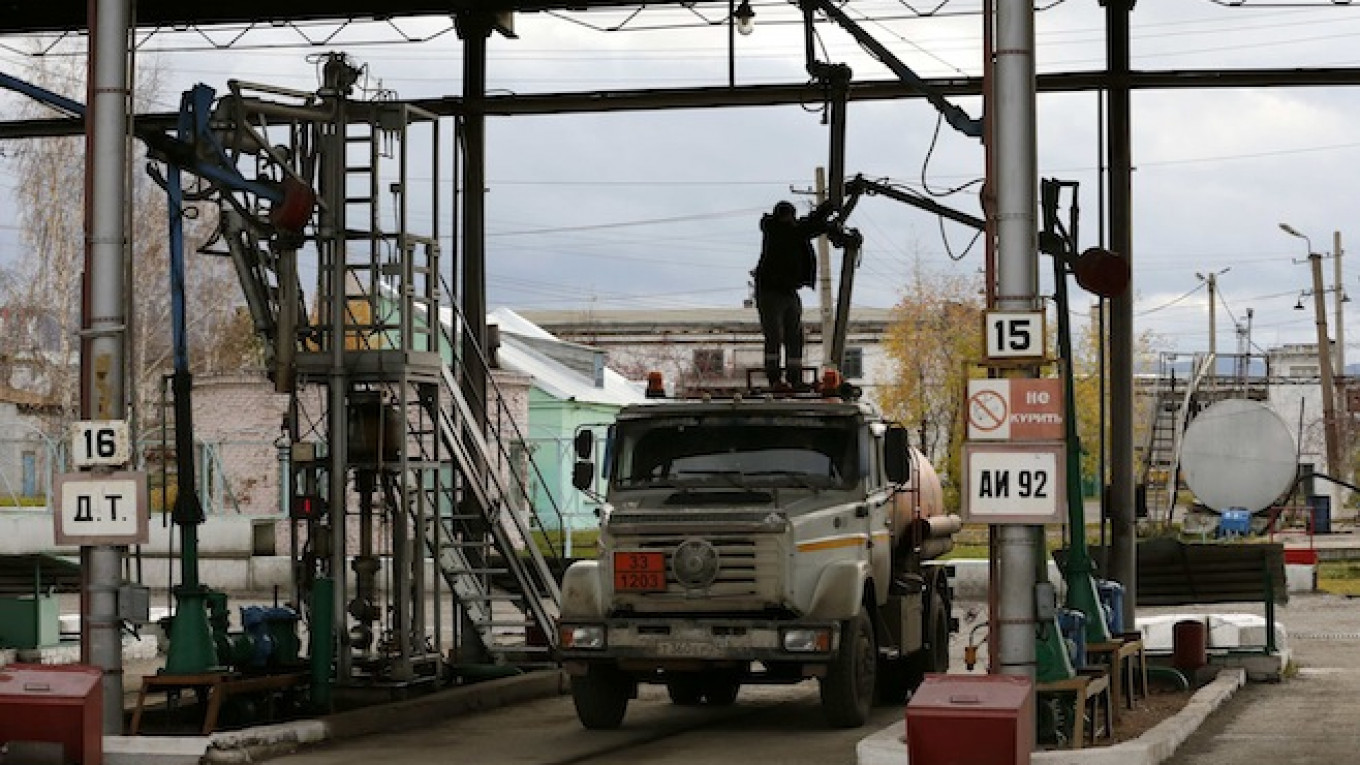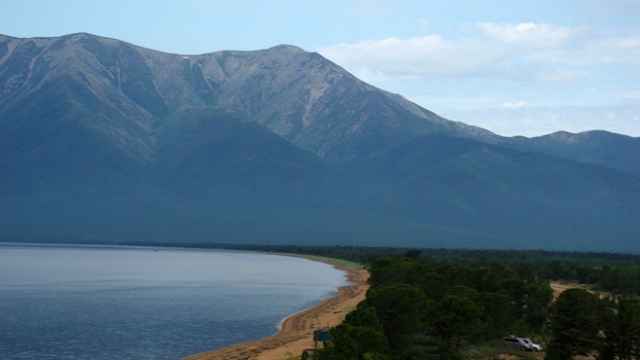Energy prices in Siberia have hit an all-time high because a uniquely dry season decreased the amount of water for hydropower plants, business newspaper Kommersant reported Tuesday.
Energy in Siberia, usually 30 percent cheaper than in European Russia and the Urals, was 3.6 percent more expensive on Monday. The price per megawatt east of the Urals cost 1,144 rubles ($26.87) last Friday, the newspaper said.
The culprits are Russia's famous Lake Baikal and the Angara River that feeds it, whose water levels have reached a low not seen since 1981. The dams on the Angara provide the region with its electricity, and lower water levels mean that less energy can be generated.
Lake Baikal's lower water level has decreased the output of hydropower plants on the Angara by a third, privately owned power generating company Irkutskenergo was cited as saying.
Power generation can be boosted if the government slashes the minimum-permissible water level for the lake, letting out more water to power the hydro plants.
But the Natural Resources and Environment Ministry refused to adjust the rules for the power companies, whose net profit margin in Siberia was estimated by Kommersant at 50 percent.
A Message from The Moscow Times:
Dear readers,
We are facing unprecedented challenges. Russia's Prosecutor General's Office has designated The Moscow Times as an "undesirable" organization, criminalizing our work and putting our staff at risk of prosecution. This follows our earlier unjust labeling as a "foreign agent."
These actions are direct attempts to silence independent journalism in Russia. The authorities claim our work "discredits the decisions of the Russian leadership." We see things differently: we strive to provide accurate, unbiased reporting on Russia.
We, the journalists of The Moscow Times, refuse to be silenced. But to continue our work, we need your help.
Your support, no matter how small, makes a world of difference. If you can, please support us monthly starting from just $2. It's quick to set up, and every contribution makes a significant impact.
By supporting The Moscow Times, you're defending open, independent journalism in the face of repression. Thank you for standing with us.
Remind me later.






